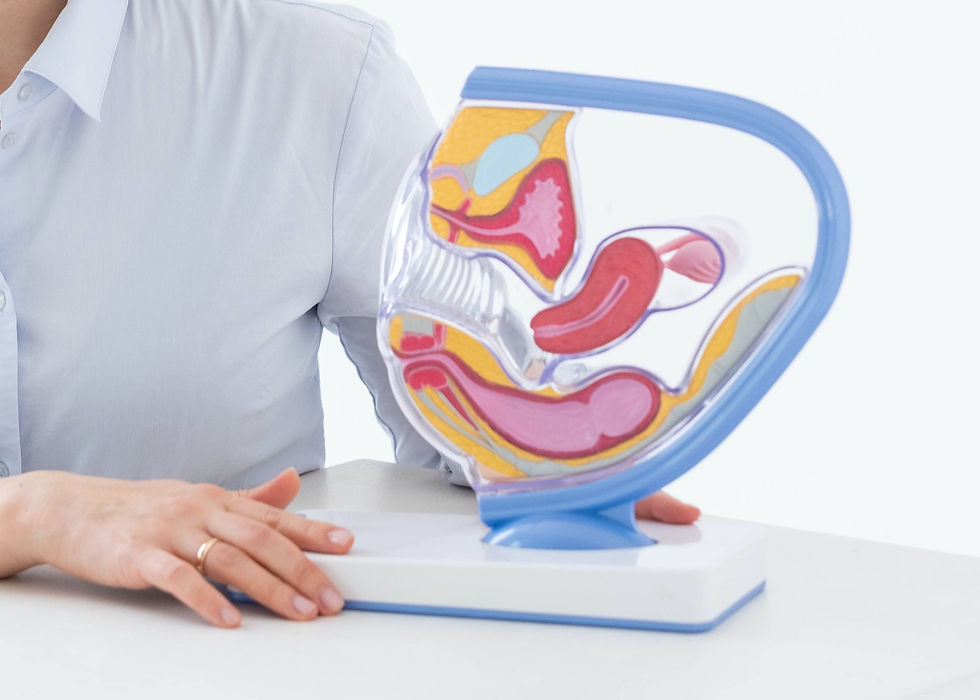Dirty Money
- Alan Frischer, MD, MPH

- May 9, 2019
- 2 min read
Updated: Sep 26, 2021
The expression “dirty money” usually refers to ill-gotten gains. However, given the number of people who touch money on a regular basis, cash is actually pretty darn dirty!
If you pay for food up front, do you wash your hands immediately before sitting down to eat? A growing body of research suggests that you’d better. Paper money can harbor thousands of bacterial and viral microbes, gathering them from every environment it passes through. I was quite surprised to learn that in a recent study, researchers swabbed one-dollar bills from New York City and found hundreds of species of microorganisms, with pathogenic or potentially pathogenic organisms on a whopping 94% of the bills tested. The most abundant ones cause acne, and many others were harmless skin bacteria. Also found, however, were the pathogens E. coli, salmonella, staphylococcus, hepatitis C, and others.
Of course, the presence of microbes doesn’t automatically make us sick. Certain subtypes of organisms are better or worse at infecting people, and may need a different environment than the surface of a bill. But overall, currency is a great environment for germs. It is 75% cotton and 25% linen, with a porous environment that helps hold onto them. Even if microbes do rub off onto our hands, they are still unlikely to cause us harm. The skin is a good protector. However, if we then touch our eyes, nose or mouth, we increase the risk.
It also came as a great surprise to me that traces of cocaine were found on nearly 80% of dollar bills! Other illegal drugs were found as well. Rolled bills can be used to snort cocaine. Drugs are also introduced to banknotes because the illegal drug trade is typically a cash business, so the bills may well have been handled and counted by drug users. One significant virus found on paper money is hepatitis C. The immune systems of drug users tend to be more suppressed, and they are at greater risk of infection then the general population. If someone who is infected with hepatitis handled the bills, that paper money could spread the virus and the disease.
Contamination of bills influenced Australia to switch to polymer (think plastic) banknotes starting in 1988, and other countries, including Canada, have followed. Polymers are more resistant to dirt and moisture, so fewer bacteria stick. They last longer and stay cleaner than do our U.S. bills.
What can you do to minimize your own risks? Keep your hands away from your eyes, nose and mouth, and wash your hands after handling cash. Or, you may choose to join the 21st century, and use plastic or your cellphone to pay!


